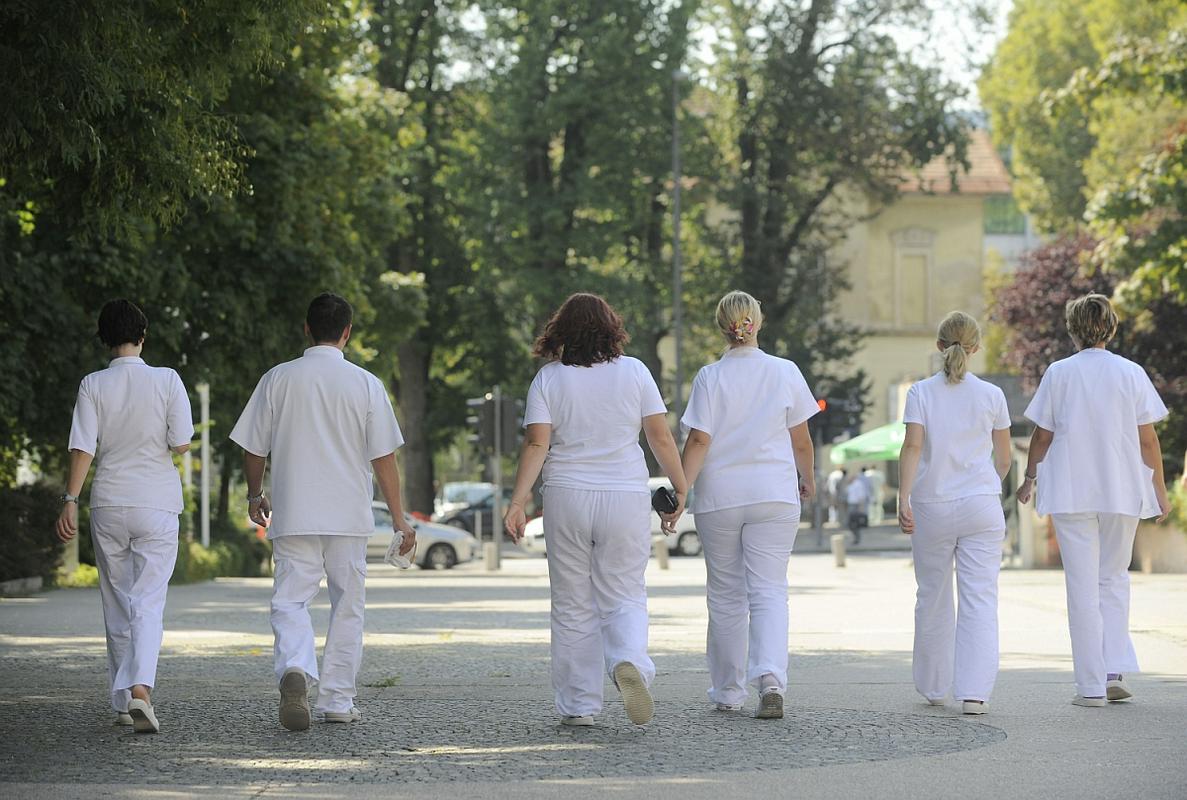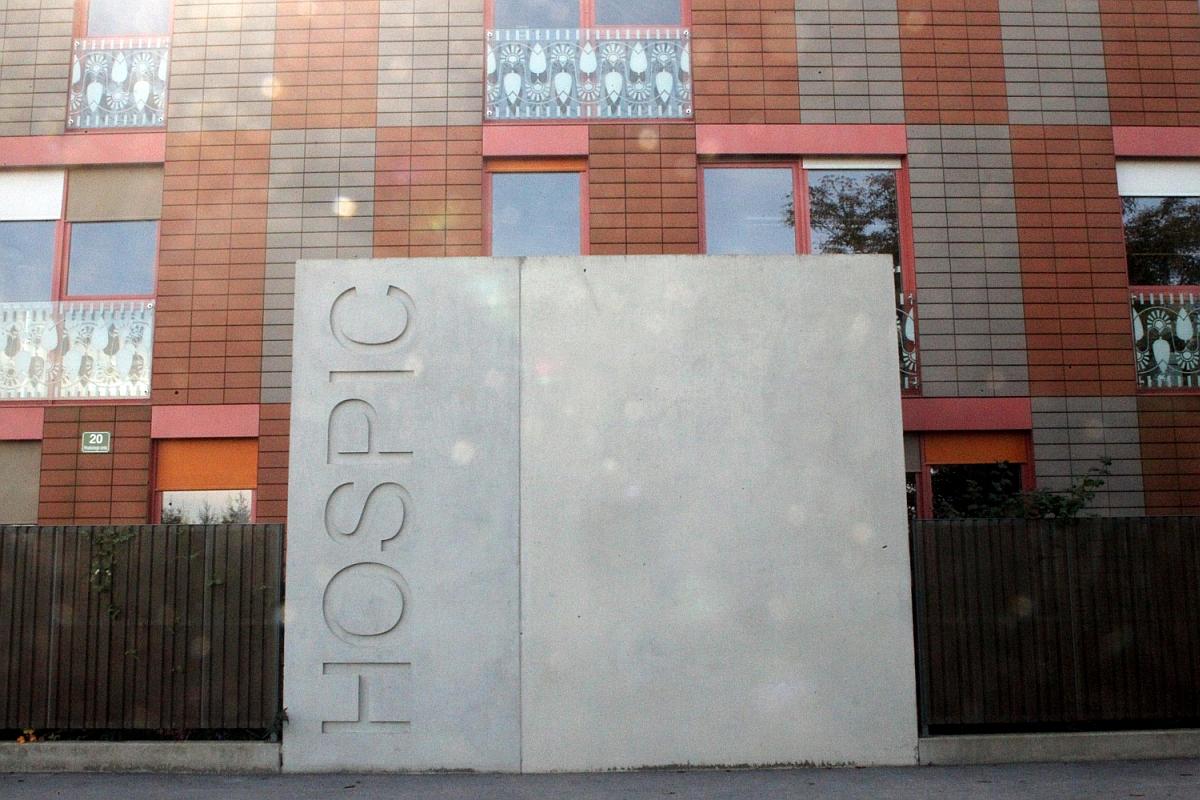

According to Voljč, Slovenia is already plagued with cases in which the frailty of the elderly is taken advantage of: They are being placed into retirement homes or similar establishments against their will. He added that if euthanasia is legalized, this could create more of a risk of abuse by those who have the power to decide between life and death because they might not have the caretaker's interest at heart.
This one of the reasons why the Slovenian National Medical Ethics Committee is firmly opposed to euthanasia. In the Netherlands, many doctors engage in non-voluntary euthanasia, i.e. cases of euthanasia in which patients are incapable of giving consent, so the doctor terminates the patient's life. Belgium and Luxembourg have also legalized euthanasia, whereas Switzerland allows doctors to assist suicide. In answer to the question as to why abuse occurs, Voljč said that this is more of a question for anthropologists: "Personally, I think that if you are in a position to make life-or-death decisions, you may have doubts at first, but these doubts will fade the more patients you have to deal with."
Professor of medicine and deontology Jože Balažic said that not all doctors are indifferent to terminating someone's life: "A year ago I met a Dutch colleague who euthanized 100 people. He told me that each case haunts him to this day." Another compelling reason why the medical profession is vehemently opposed to euthanasia is the ethical burden placed on doctors who carry out euthanasia.
Terminating someone's life is not the right answer
However, doctors say that there are many more cases of patients asking doctors to relieve them of their pain than there are requests for euthanasia; these patients want to carry on living. "Sometimes the patient wants the doctor to terminate his or her life. However, practical evidence shows that it is best to talk to the patients about their affliction and their fears in situations like these". Therefore, health professionals maintain that the dilemma between active and passive euthanasia is a false one. Passive euthanasia is defined as withdrawing treatment needed to sustain life. President of the Slovenian Medical Association Pavle Poredoš said: "The withdrawal of treatment, i.e. interrupting certain processes that go against nature, has nothing to do with euthanasia. If a doctor has run out of options to treat a patient, we move on to palliative care."
Palliative care: A humane way to say goodbye
According to health professionals, we should put more focus on palliative care instead of talking about euthanasia. Palliative care should involve holistic care, i.e. a team of physicians, social workers, psychologists, pharmacists and other professionals who are there to take care of the patient and his or her family. Mateja Lopuh of the Slovenian Association for Palliative Medicine says those countries that have legalized euthanasia also have the weakest palliative care systems.
A national program for palliative care has already been approved. One of its goals is to promote palliative care at home. A network of palliative care is also being formed as part of the program, including mobile units because many terminally ill patients want to die at home. This option is not always available, so 50 percent of terminally ill patients in Slovenia die in hospitals. Hence, providing support to families who take care of the patient is part of what palliative care is about.
Luka Lukić; translated by D. V.

































































